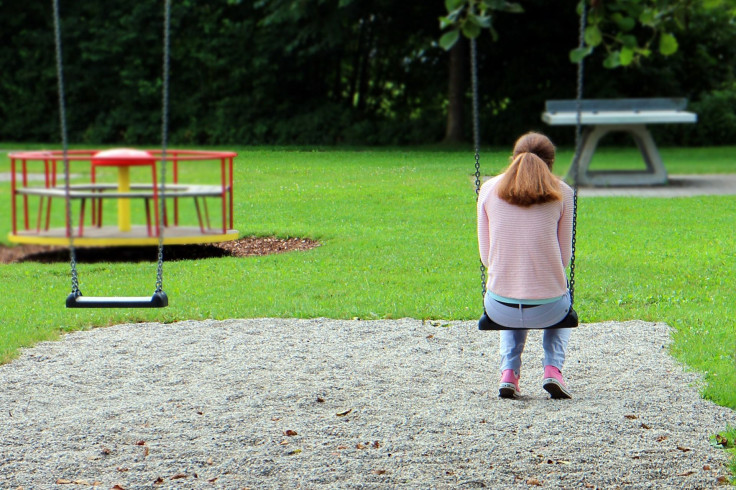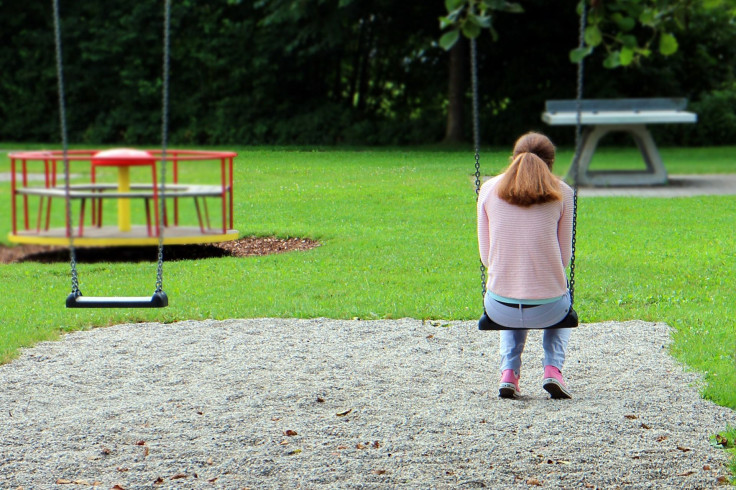Infertility Impacts 1 in 8 Women And Only Half Seek Medical Attention; Couples Experience Depression, Anger, And Sexual Dissatisfaction

Millions of fortunate parents around the world are able to conceive children with little difficulty, with four million babies born in the United States alone, but many wannabe parents run into a very real medical roadblock — infertility. A new body of research conducted by the London School of Hygiene & Tropical Medicine reveals just how many men and women have unsuccessfully tried to become pregnant for a year or longer and how many have reached out to reproductive experts for help.
"We were surprised that almost half of the people in our study who had experienced infertility had not sought help,” said the study’s lead researcher Jessica Datta, a lecturer at the London School of Hygiene & Tropical Medicine, in a statement. "One of the important and concerning findings in our study is the difference in education and job status between people who sought help for infertility and those who did not.
For the survey, published in the journal Human Reproduction, researchers questioned 15,162 men and women between the ages of 16 and 74 to calculate how many people experienced infertility and whether they sought out medical help in response. Datta explained that because infertility studies are often conducted on recruited participants who were already seeking medical attention, the approach to investigate the general population provides an uninhibited view into the reality of infertility.

They found 42.7 percent of women and 46.8 percent of men did not seek help for any infertility problems they ran into when trying to become pregnant, yet one in eight women and one in ten men have experienced infertility in the process. Those who were the most likely to struggle with getting pregnant were women between the ages of 35 and 44, and men between the ages of 35 and 54. Perhaps unsurprisingly, those who experienced infertility were more often people who were married or living together at the time, which reveals those in stable relationships are more likely to try and have a baby together. Interestingly, though, infertile men and women tended to have university degrees and better jobs and to enjoy higher socioeconomic status.
Finding out you’re unable to have a child with a person you’re either married to or are in a stable relationship with can be devastating. According to the National Infertility Association of America, it’s common for couples to experience a sense of loss and disappointment, along with a lack of energy, headaches, irritability, insomnia, extreme sadness, and the inability to concentrate on tasks at hand. If the couple does seek medical treatment for infertility and experiences several months of unsuccessful attempts to become pregnant, feelings of shock, numbness, anger, and guilt may emerge. It’s a slew of devastating reactions that Datta and her research team are familiar with.
"Previous research has found associations between undergoing treatment for infertility and sexual dissatisfaction,” Datta explained. “In our study, symptoms of depression occurred in the two weeks before the interview and sexual dissatisfaction in the year before the interview but, we don't know when the period of infertility occurred, and are in favor of further investigation into the long term impact of infertility on women's well-being."
Source: Wellings, K, Datta J, and Palmer MJ, et al. Prevalence of infertility and help seeking among 15,000 women and men. Human Reproduction. 2016.



























